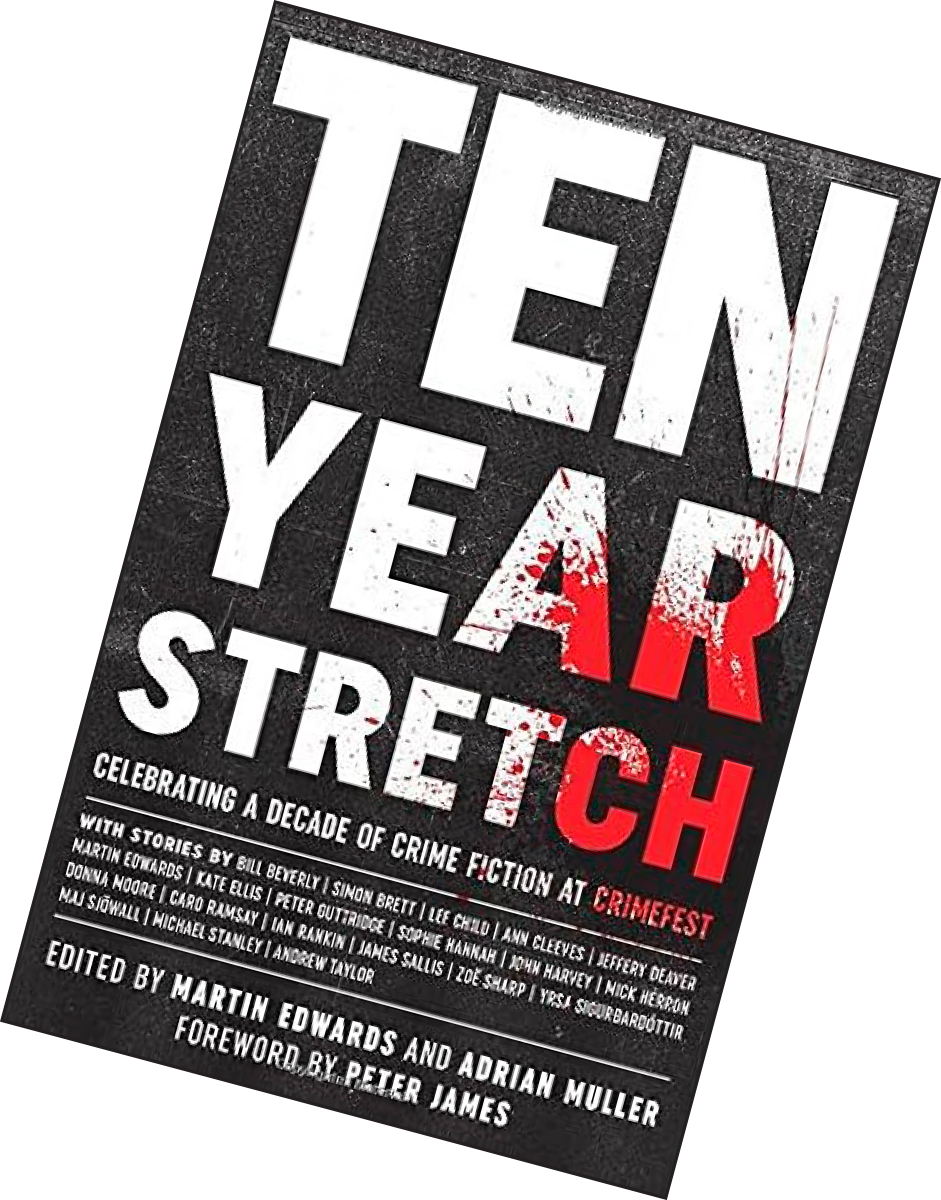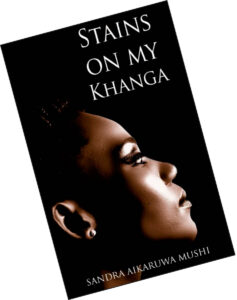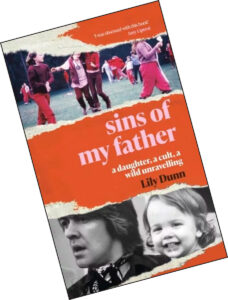

Before the whole phenomenon of algorithms was revealed to me by a young friend, it felt spooky the way my devices — luckily only two, phone and laptop — used to throw up items of supposed interest. From shampoos to shows, the whole shebang, some thought-provoking, a lot clearly not. Wiser now to the behind-the-scenes activity, I am curious about what emerges from cyber space, especially if it is to do with books and reading and writers.
Of the more recent pop-ups, one that caught my eye was an online newsletter called CrimeReads. In the section Crime and the City, the piece was titled ‘The complicated history of crime fiction in Tanzania’ by Paul French. Crime fiction! Tanzania! A name that featured prominently there was — you’d never guess! — Georgette Heyer! Yes, that undisputed ruler of young girls’ hearts with her action-packed, highly readable novels about dashing lords and daredevil or demure ladies circa Regency England! According to Paul French, back in the 1920s, Georgette Heyer lived in Tanganyika where her husband worked as a mining engineer. ‘Apparently, they lived deep in the bush where her husband was surveying for minerals,’ he writes in the article. ‘She wrote a couple of historical romances while there and tells Tanganyika tales in her memoir but didn’t really get into detective fiction for another decade with her series of books featuring Superintendent Hannasyde and Sergeant (later Inspector) Hemingway. (SR disclosure: I didn’t even know she wrote detective fiction, and I thought my friends and I had read ALL of Georgette Heyer!) There are some criminal elements in Beauvallet (1929), a novel of Elizabethan pirates that she started work on while in Africa.’ Wow! That most beloved and romantic of stories, second only to These Old Shades, was birthed in Tanganyika and not in an early 20th century cottage in England!
Incidentally, Wikipedia says her thrillers were nothing to write home about; however, they were known for their wit, if not for unoriginal plotlines. Her romances though, are a class apart!
Those who enjoy police procedurals on OTT platforms may have watched a show called ‘Shetland’ featuring Detective Jimmy Perez. (If you haven’t, please do.) This series is based on the novels of Ann Cleves who, says French, ‘went to Tanzania for her 40th wedding anniversary. Out of that trip to the Serengeti came a short story — Moses and The Locked Tent Mystery included in the collection Ten Year Stretch: Celebrating a Decade of Crime Fiction at Crimefest (edited by Martin Edwards, 2018)’. Interesting connections, no?

Incidentally, the 2021 Nobel Prize winner, Abdulrazak Gurnah, hails from Tanzania, although he moved to the UK in the 1960s during the Zanzibar Revolution. His novels are on my TBR list as are ‘those of Tanzania-raised author M G Vassanji, particularly Uhuru Street (1991), a collection of stories set in the Asian community of Dar es Salaam, and the often simultaneously hilarious and poignant short stories of Sandra Aikaruwa Mushi in her collection Stains on my Khanga (2014)’ — on French’s recommendation. And, just by way of interest, Tanzania was earlier known as Zanzibar, and its capital is not Dar es Salaam but Dodoma!
On another note altogether, it came as a shock to learn via Alice Kemp-Habib’s article in The Guardian of July 18 about what she refers to as ‘an industry-wide mental health crisis’ in the publishing world. To quote: ‘Author and publisher welfare has been a hot topic in the books industry of late. Publishing houses, trade unions and industry bodies have scrambled for solutions following a survey by The Bookseller (a magazine for and about the book trade) in which debut authors reported overwhelmingly negative publication experiences: more than half of respondents said the process adversely affected their mental health.’ She quotes Ed Gillet as pointing out that although his publisher was supportive, the act of writing a book is extremely isolating, which is one major reason for the impact on mental health. Imogen Hermes Gowar, who published her first book, The Mermaid and Mrs Hancock, in 2018, makes an interesting comment to Alice. She says: ‘For me it was the total change in status. I was 28 when I sold my book and … I was used to being the intern, or the temp, or the volunteer juggling day jobs in cafes and care work to pay my bills. Suddenly I was treated like the most important person in the room, and it really did a number on me.’
Can you read anything at all from start to finish, i.e., an essay or a short story, without your mind being sliced apart by some digital switchblade? Without your seeking distraction as a form of entertainment, or entertainment as a form of distraction?’
Makes you think, right? Especially about the impact of social media on individuals, and the resulting sense of micro-celebrity-ism it can engender.
Imogen adds that clearer communication throughout the process would have eased her concerns. “A lot of authors I know feel quite powerless and shut out from decision-making. We are the product, but we are not a member of the team … it’s extra alienating to feel that decisions directly concerning our work and careers are often not shared with us.” Taking Imogen’s observations forward, the logic would seem to apply to practically every aspect of our lives, especially creative, inventive aspects. Again, something to think about.
Another writer, Lily Dunn, who published Sins of My Father in 2022, tells Alice: “So much anxiety comes from not knowing what to expect … waiting for a response, and the agent or editor who is juggling any number of books and therefore can’t always give the authors what they need there and then.”
This is a very real problem in the publishing world because editor and author have to work very closely to be effective. Come to think of it, this is true of any endeavour that involves thinking, researching, testing, creating, innovating — whether it is a proscenium theatre or an operating theatre or even a project to draw up an inclusive and democratic civil code for a dynamic, multicultural, secular-minded nation…

Writing in Esquire (‘The Life, Death — and Afterlife — of Literary Fiction’, July 14), Will Blythe asks if the digital revolution has killed the cultural relevance of short stories in magazines. In other words, how deeply has the global obsession with social media and easy access through smartphones affected our finer sensibilities, our attention span, our willingness to stay with something? He asks a simple but fundamental question: ‘Can you read anything at all from start to finish, i.e., an essay or a short story, without your mind being sliced apart by some digital switchblade? Without your seeking distraction as a form of entertainment, or entertainment as a form of distraction?’ Yes? No? Why? It might be worthwhile pondering over this; maybe it will give us an opportunity to assess the quality of the lives we lead today.
Blythe compares the digital universe to a black hole, ‘swallowing everything around it, including the un-digital idiosyncrasy of humans’. He goes on to explain that ‘In God, Human, Animal, Machine, the writer Meghan O’Gieblyn… has created a fascinating inquiry into the nature and power of informational technology, as if that technology might be a new God, in the process of mathematizing uniqueness, and algorithmizing all of us… She describes how the Israeli intellectual Yuval Noah Harari argues that we already accept “machine wisdom” when it comes to the recommendation of “books, restaurants and potential dates.” He believes that “dataism” is replacing humanism as “a ruling ideology”.’ The fact is, the articles quoted here were all recommended by machine wisdom. Scary thought.
The columnist is a children’s writer and senior journalist






